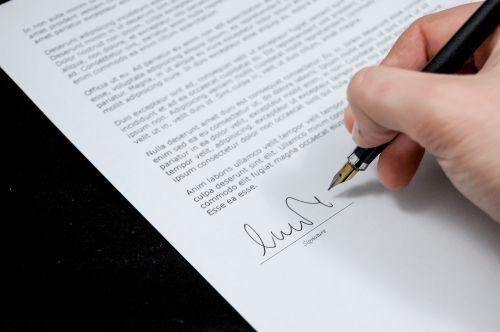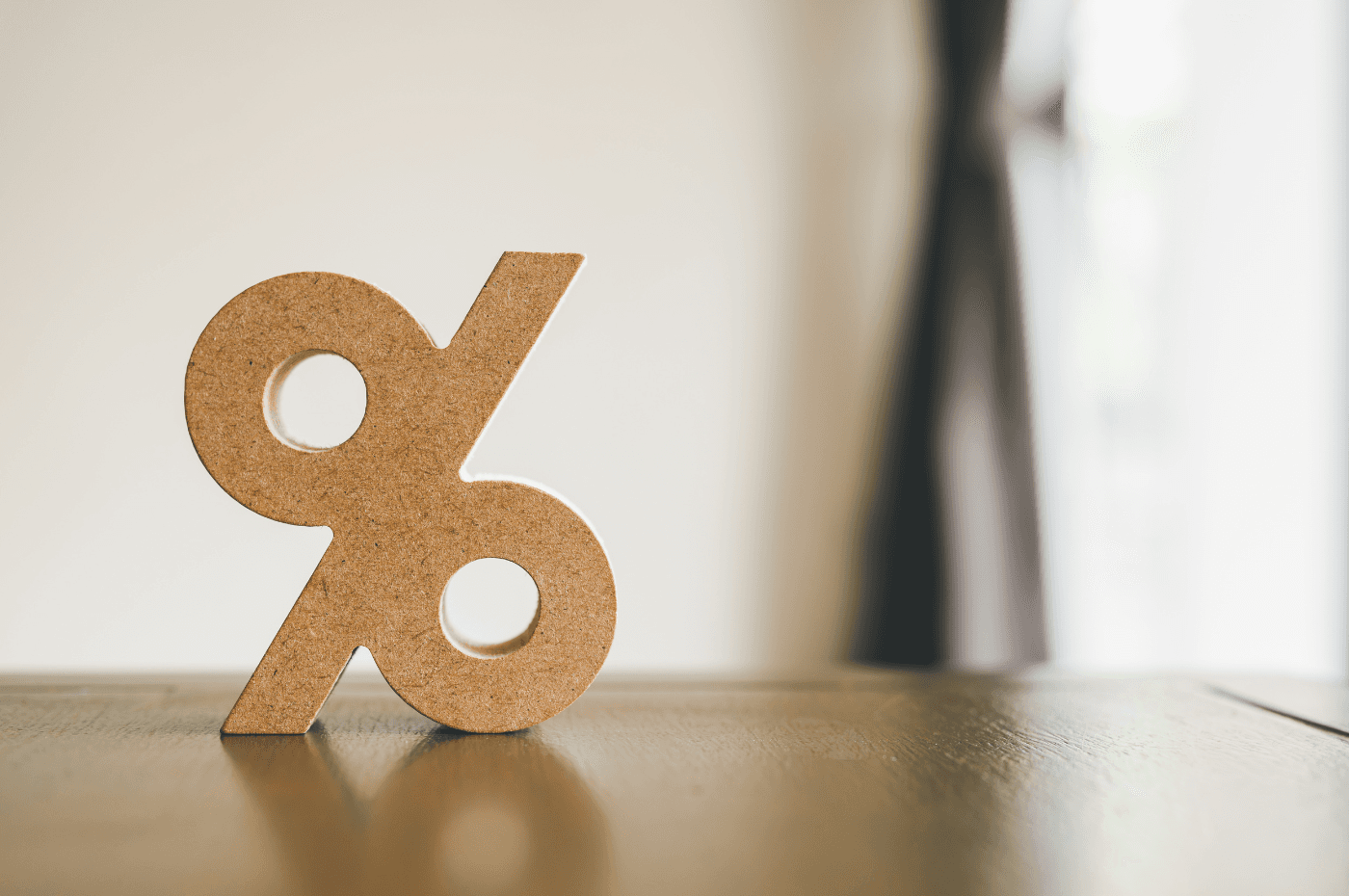Are you looking to purchase some property? If so, you're likely aware that the acquisition process requires input from several experts and involves the signing of various documents.
One of these is a mortgage loan agreement, which is a key document in obtaining your mortgage. This authenticates and validates the mortgage that you will take out with your financial institution. Keep in mind, however, that there are many different mortgage forms today, each offering different terms and conditions specific to your loan.
Consider seeing a mortgage broker to help you determine which mortgage is best for your needs.
The purpose of having a mortgage loan agreement

Before we delve into the differences between various mortgage documents, it's important to remember that a mortgage constitutes security for financial institutions if borrowers default on their payments.
The mortgage loan agreement is therefore the legal document that makes it possible to secure the money loaned by the bank. As such, it contains all the terms and conditions related to the loan. When a borrower signs this document, they accept the creditor's money and agree to follow all of their terms to pay it back.
In the event of default on payment or non-compliance with the agreed upon terms, banks are legally authorized to seize any property whose purchase they helped finance. As such, you must know exactly what type of document you are going to sign and what it involves.
Mortgage loan and mortgage security agreements: what's the difference?
Traditionally, a mortgage loan agreement is the most common document. It contains all the details of the terms of the loan you are taking out, including:
- The principal of the loan
- The interest rate
- The term of your contract
- The amortization period (the time it takes you to pay off your mortgage)
- The monthly payment amounts
In this document, the debt is clearly identified and the mortgage amount is equal to the loan amount. This type of mortgage loan agreement only secures the loan associated with the purchase of the house and also allows the mortgage to be discharged once the debt is paid off.
At the same time, mortgage security agreements have come to replace mortgage loan agreements in terms of popularity and use.
Unlike a traditional loan agreement, a security agreement provides for a whole series of obligations. It is often used with collateral mortgages , also known as "umbrella mortgages." You can learn more about collateral mortgages in our article What are the different types of mortgages available in Quebec.

The amount of the mortgage listed on a mortgage security agreement is greater than the actual loan. This is to cover other loans or advances that the financial institution has already provided or will provide to you in the future. This type of document guarantees not only the repayment of the mortgage debt, but also all present and future debts you may have with the same creditor. In particular, it will guarantee the reimbursement of:
- Car loans
- Personal loans
- Lines of credit
- Similar financing products
Keep in mind that the mortgage security agreement does not allow the mortgage to be discharged once the loan has been repaid, even if the borrower no longer owes the creditor anything. It is kept open to guarantee any future loan financing. As such, this feature of the security agreement can make transferring the mortgage to another financial institution complicated, depending on the terms and conditions set out in the legal document.
According to the Chamber of Notaries of Québec (APNQ), “mortgage security agreements are valuable credit tools, but they can also hide some unpleasant surprises." The important thing is that you make an informed choice and know what the security you are providing involves. »
Make sure you are well-informed before accepting the terms of the mortgage agreement and consult a notary to get advice from a specialist in real estate law.
Why signing mortgage agreements requires a notary
To be considered valid, mortgage agreements must be signed before a notary. You must go to a notary for this part of the process. They alone are qualified to draft documents that authenticate and validate a mortgage loan.
When you come to an agreement on the loan terms with your mortgage broker or financial institution, your lender sends all the necessary information to your notary so that they can finalize the mortgage agreement.
Your notary is obliged to explain the content of the agreement when you come to sign it. They should advise and educate you about the various mortgage conditions, including any consequences they may entail, so that you can make an informed decision before officially signing the document.
Are you looking for a mortgage?
XpertSource.com can help you in your efforts to find a mortgage broker. By telling us about your project, we will refer you to top-rated experts, free of charge! Simply fill out the form (it only takes a few minutes) and we will connect you with the right experts.





